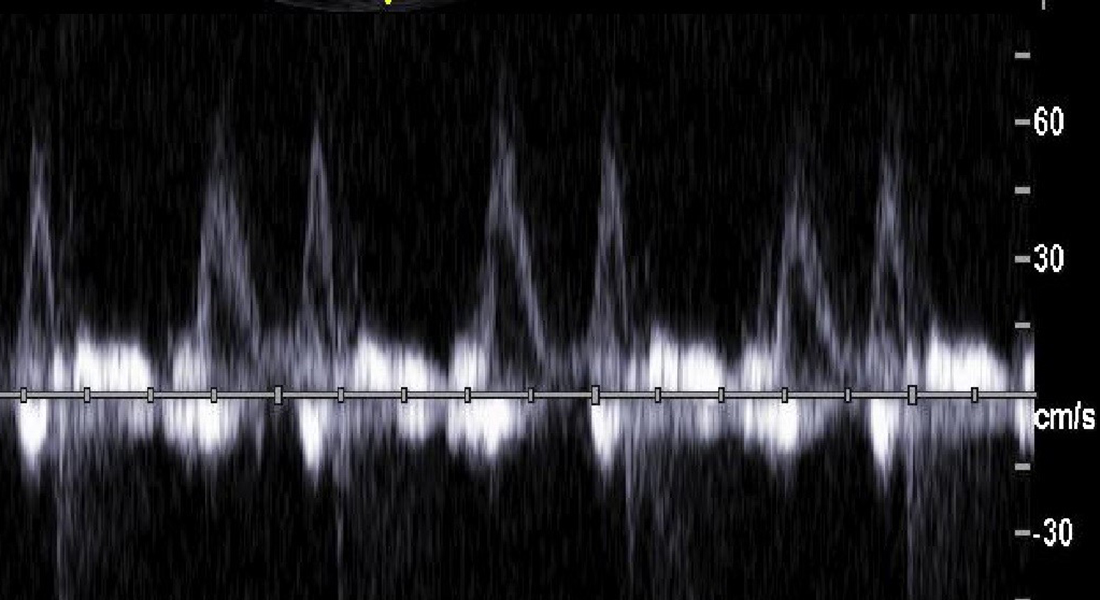PhD defence: Glucose metabolism, insulin and cardiovascular function in HIV positive adults in Ethiopia

Hiwot Amare Hailemariam
PhD thesis
This dissertation investigates glucose metabolism, insulin and cardiovascular function in HIV positive adults in Ethiopia.
Malnutrition, the HIV virus and inflammation are associated with hyperglycemia. Lipid-based nutrient supplements (LNS) in HIV patients on ART for three months led to a weight gain. However, the consequences of the intake of LNS with ART on glucose metabolism and blood pressure are not well studied. Drugs including antiretroviral therapy (ART), atherosclerosis and opportunistic infections are also associated with cardiovascular diseases (CVDs) among HIV patients. In previously malnourished HIV positive (HIV+) individuals taking long-term ART, the prevalence of CVDs is not well studied.
In the initial study, we assessed glucose metabolism and insulin function of ART naïve HIV+ as compared to HIV negative (HIV-) individuals. In the subsequent study, a secondary analysis of a randomized controlled trial was done to evaluate the effect of LNS/whey and LNS/soy on changes on glucose and insulin metabolism. Thirdly, a one-year follow-up study of HIV patients was done to assess changes in glucose and insulin and blood pressure. Finally, the cardiovascular status of HIV patients on long term ART was studied.
Prediabetes and diabetes were frequent among ART naïve HIV patients. Diabetes was associated with insulin deficiency and inflammation but not waist circumference and age. Among HIV patients, short-term intake of LNS since the time of ART initiation led to insulin resistance, increased p-insulin and p-glucose levels, and tended to increase HbA1c. During the first year of ART, all glucose parameters declined but p-insulin and blood pressure rose. With long-term ART intake, HIV patients show early signs of CVDs signified by higher odds of carotid atherosclerosis, LV systolic, and diastolic dysfunction as compared to HIV-.
Whether longer exposure to LNS leads to increased risk of dysglycemia need further study. Moreover, increased insulin during the first year of ART could be due to the recovery of β-cells or a sign of insulin resistance and needs further elucidation. Early ART initiation despite consideration of CD4 count or viral load (test and treat strategy) and cardiovascular screening could lead to reduced CVDs.
2021, 159 pages.
Time
11 January 2021, 10:00 (Danish time)
Place
Digital defence.
Opponents
Associate Professor Faidon Magkos (chair), Department of Nutrition, Exercise and Sports, University of Copenhagen, Copenhagen, Denmark.
Associate Professor Robert N. Peck, Weill Cornell Medical College, USA, and Mwanza, Tanzania.
Medical Officer Line Dahlerup Rasmussen, Infectious Diseases, Department of Infectious Diseases, Odense University Hospital, Denmark.
Main supervisor
Professor Henrik Friis, Department of Nutrition, Exercise and Sport, University of Copenhagen, Denmark.
Co-supervisors
Associate Professor Mette F. Olsen, Department of Nutrition, exercise and sports, University of Copenhagen, Denmark.
Dr. Daniel Faurholt-Jepsen, Department of Infectious Diseases, Copenhagen University Hospital, Rigshospitalet, Denmark.
Associate Professor Alemseged Abdissa Lencho, Jimma University and the University of Copenhagen alliance in nutrition, Armauer Hansen Research Institute, Addis Ababa, Ethiopia.
The thesis is available for inspection at Rolighedsvej 26, DK-1958 Frederiksberg.
